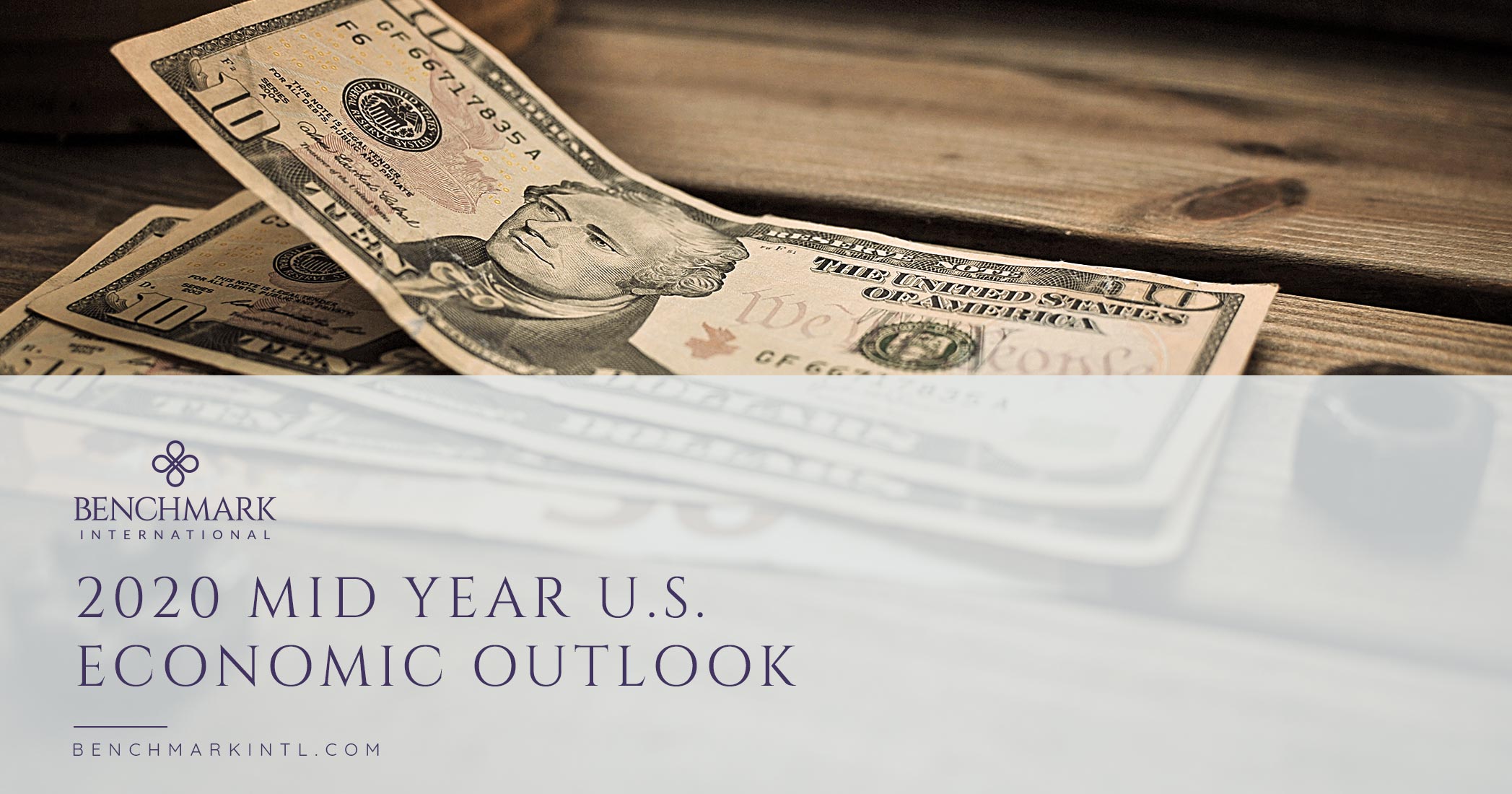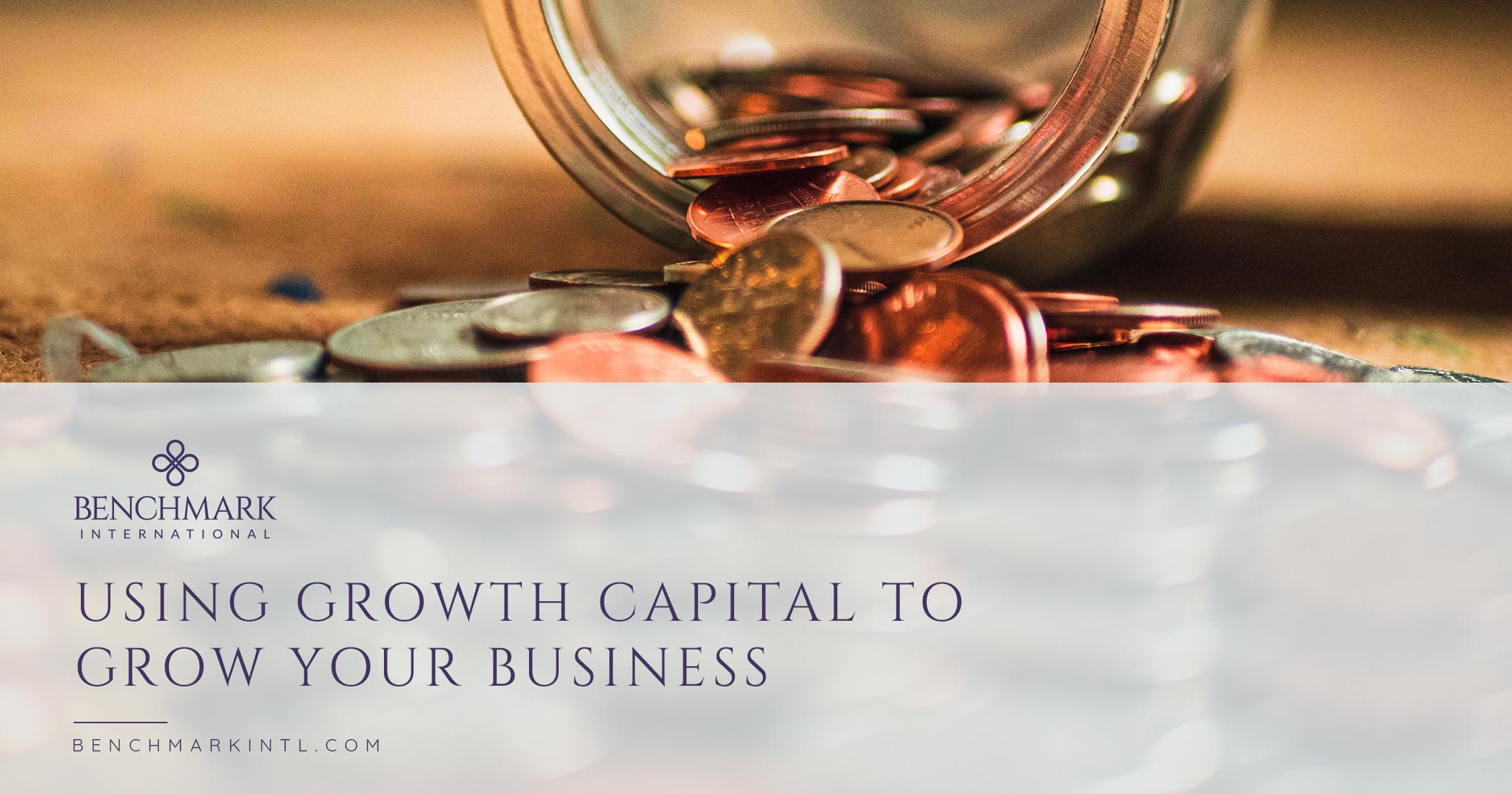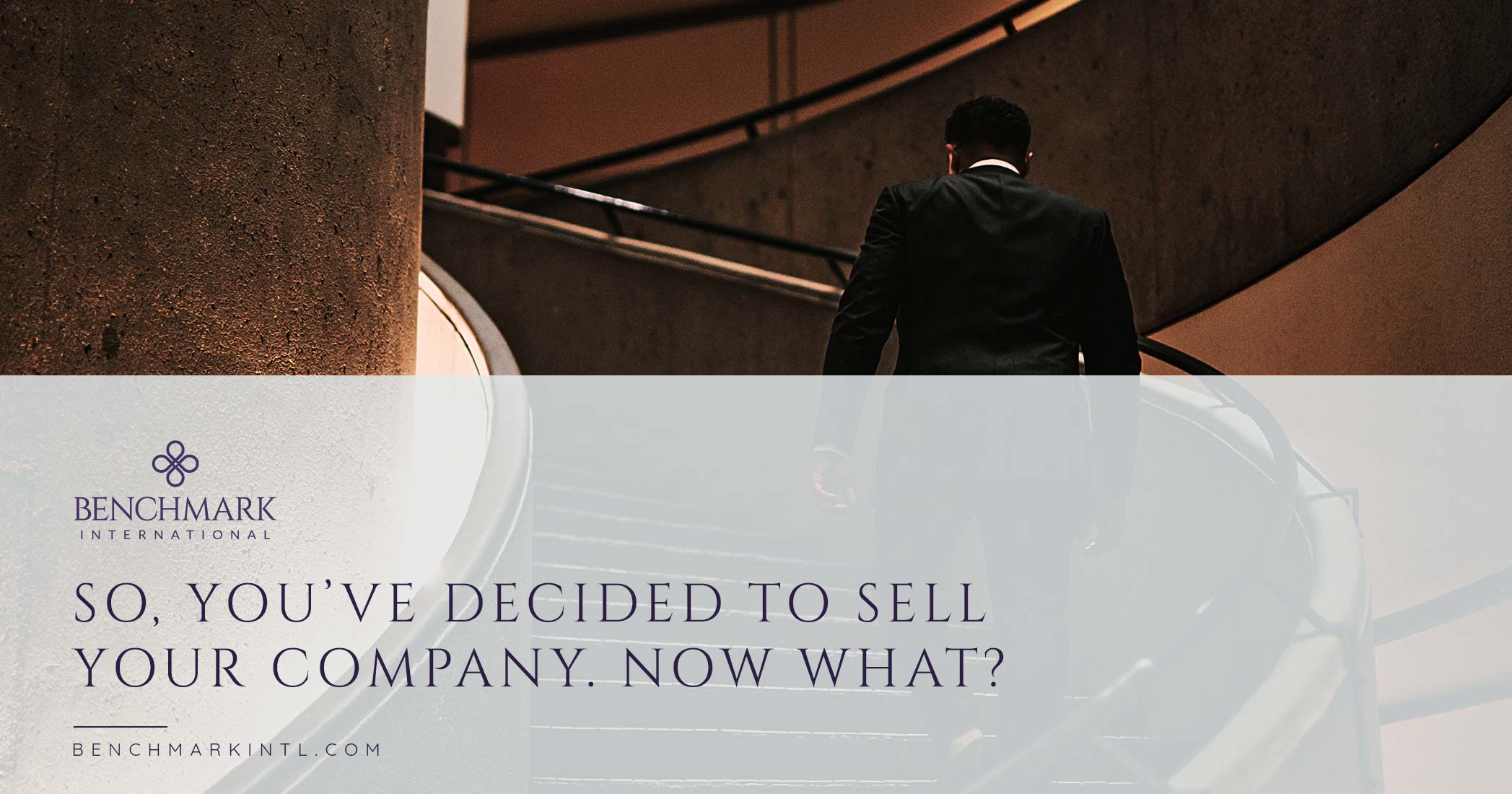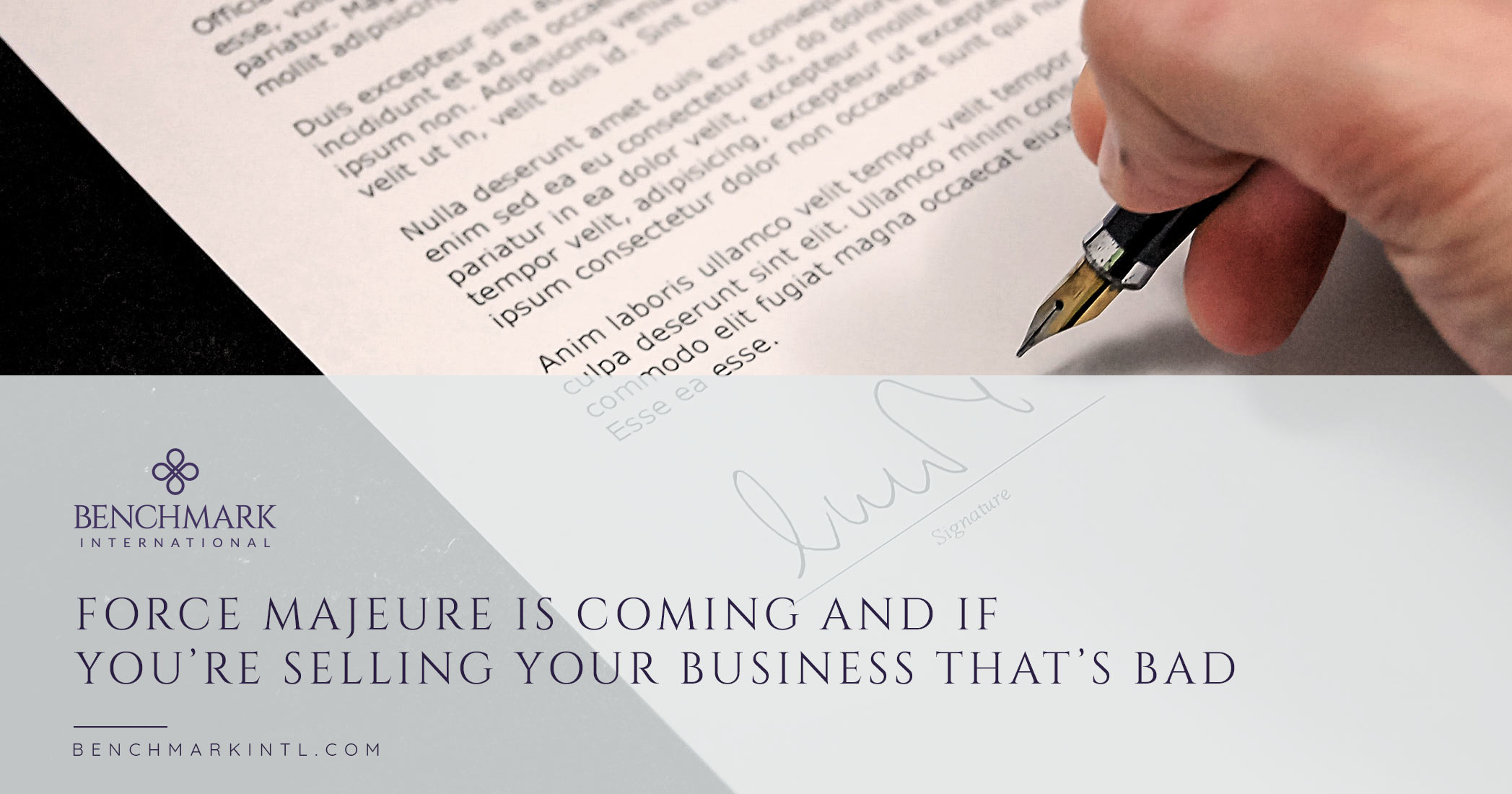The real estate industry, both commercial and residential, is undergoing transformation due to the effects of the COVID-19 pandemic. People are working from home, traveling less, and some are migrating to smaller cities. Digitalization is becoming more prevalent, as owners, developers and managers of properties are seeking out virtual and touchless solutions to ensure safety and boost efficiency in a competitive market. Middle-market companies that keep up with the demand for innovation are poised to thrive under these new-normal conditions.
Real Estate Trends Expected to Continue
- Office spaces are being reconfigured to offer more space for each worker.
- Remote work is facilitating home purchases farther away from large cities that are home to corporate headquarters.
- Virtual touring experiences are becoming standard for home sales.
- Hotels are adapting to new measures to ensure guest safety.
- Retail properties are being used for other commercial uses.
- Leasing arrangements are becoming more creative to improve liquidity and cash flow.
- The inability to have in-person property experiences are hampering due diligence efforts.
- The construction sector will continue to employ virtual tools such as 3-D modeling and site management platforms.
Remote Working and the New Office
As millions of office workers have been working remotely to help avoid spreading the COVID-19 virus, employers were somewhat surprised to see that workers were more productive while working from home. Analyses show that average workdays increased in hours and big tech companies announced that remote working would continue into the long-term future. A result of this is that companies are:
- Looking to reduce the cost of office space.
- Providing more space per worker for any necessary in-person collaboration.
- Using video conferencing setups in small team rooms to bridge home and office work.
- Implementing thermal scanners, improved ventilation, UV light for cleaning and other safety measures.
Property owners and managers of office spaces have been able to continue to collect rent payments during the pandemic. However, as unemployment rises and the economy remains uncertain, it could impact the financial markets, making property and mortgage payments more difficult. Additionally, pension fund managers for large unions often invest in office markets due to their stable rents and cash flows, but if tenants cannot pay rent, pension payments may be cut.
Residential Real Estate
Residential home buying is also changing due to the coronavirus. Prior to the pandemic, Millennials were already willing to sacrifice job opportunities to buy homes in secondary cities in search of affordable housing. A study by Redfin showed that more than 50 percent of workers in major tech hub cities would move elsewhere if their company offered a remote work option, with the desire to live someplace less expensive. New tech advancements in a more remote-work-driven world are enabling these workers to pursue both dreams. Major tech companies are recognizing the cost burden that comes with maintaining sweeping campuses in major metro areas and are leading the way in the trend to shift to remote working as more professional services companies follow suit.
How homes are being purchased is also changing. Online home shopping by Millennials was already on the rise before the pandemic, causing realtors to adapt their selling processes. Virtual reality tours and 3D floor plans are becoming standard practice. Appraisers are using drones for exterior photography. Paperwork is reduced and replaced by electronic filing and signing.
Retail Real Estate
Retail property owners have many tenants that have been forced to close due to COVID-19 restrictions and many of these tenants are refusing or unable to pay rent while closed, forcing landlords to devise workarounds and, in turn, struggle to pay their own bills. Retailers were already struggling pre-pandemic due to increasing e-commerce popularity. Now landlords are providing rent abatement periods, rent waivers, flexible payments, and interest-free repayment in order to aid in their tenants' survival.
Hospitality Real Estate
The pandemic has limited non-essential travel, as business travelers are working from home and many leisure travelers are choosing to stay home for safety reasons. The hospitality sector has taken a massive hit under these circumstances amid changing restrictions and stay-at-home orders. As economic loss negatively impacts the hospitality industry, operational priorities are shifting from personal guest experiences to the safety of guests. Economy lodging is being less affected than larger, upscale hotels because essential construction workers are still traveling to job sites in smaller markets while large conferences are cancelled and professional group business travel is being limited. Investments in new technologies by hotel operators are also crucial to the hospitality real estate industry as extensive safety measures are needed. Typical in-person processes are being replaced by digital options. Common areas are being reassessed to offer social distancing. New cleaning and ventilation measures are being implemented. These changes are expected to aid in the economic recovery in this sector.
Construction
A new era of technology is playing a major role in the construction industry. Enhanced safety protocols are being implemented in existing commercial buildings. Construction companies are embracing new technologies in the development and management of new projects. Prefabrication and modular buildings, as well as virtual construction methods, are seeing accelerated growth amid the new circumstances due to the pandemic. A recent survey showed that construction executives foresee double-digit
increases in single-trade and multi-trade prefabrication assemblies, as well as permanent modular construction, over the next few years. These construction techniques offer better project schedule performance, lower construction costs, and improved construction quality.
Considering M&A?
No matter what sector your business operates within, our M&A experts at Benchmark International are eager to discuss your future with you, whether it’s selling your business, growing your company, or devising your exit or succession plan.
READ MORE >>
 Benchmark International
Benchmark International  Benchmark International
Benchmark International 




















